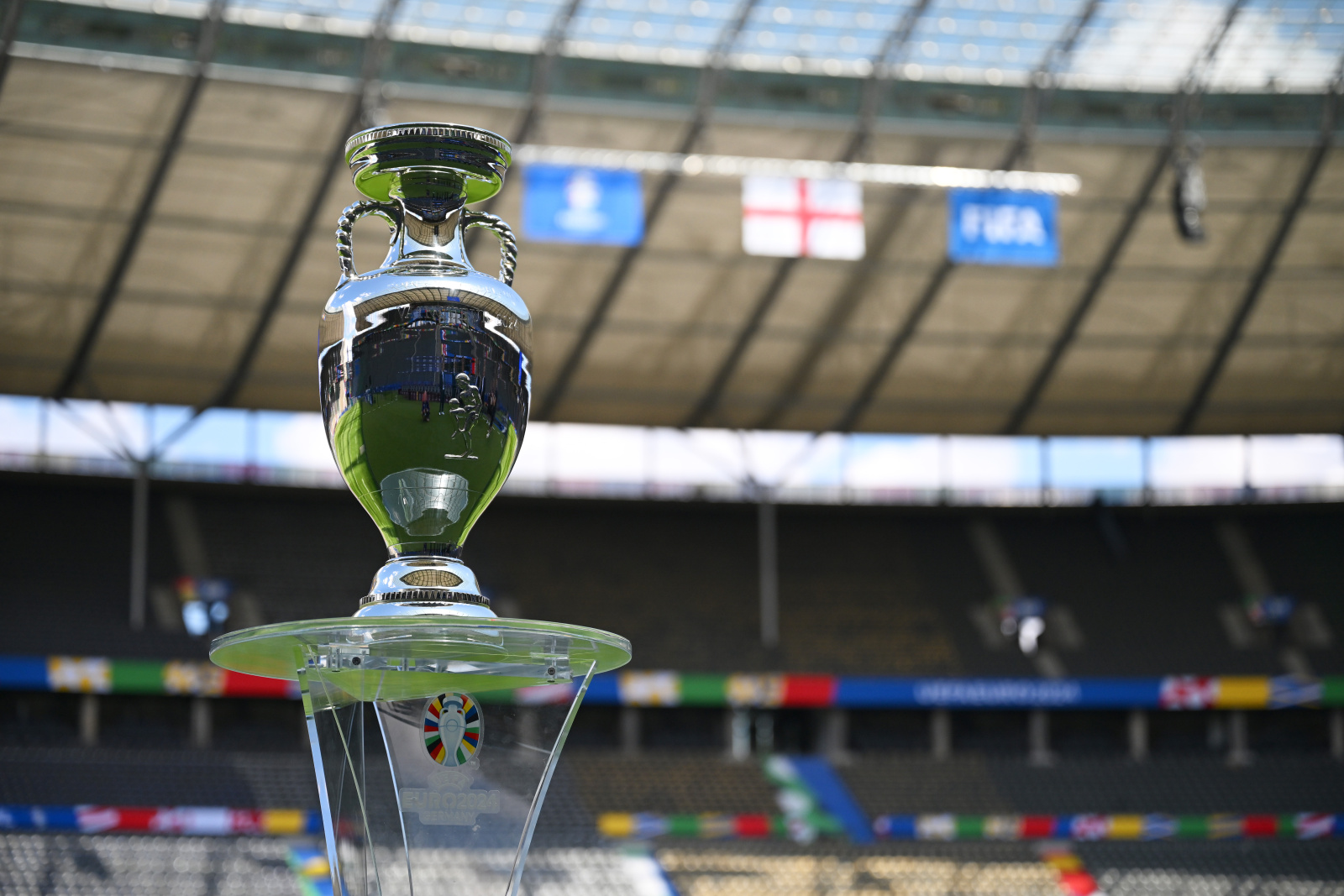January 21 – The final round of funding from the UEFA EURO 2024 Climate Fund has brought the total investment to an impressive €7.925million, marking a significant chapter in the tournament’s ambitious sustainability journey.
With 225 clubs across Germany now benefiting from this initiative, UEFA has demonstrated that eco-conscious football can extend far beyond the pitch. Initially, the climate fund was set at €7 million, based on an early carbon footprint analysis which predicted EURO 2024 would produce 280,000 tonnes of CO2e emissions, including spectator travel.
However, as is often the case with large-scale events (and carbon footprints), the final figures turned out to be a little higher than expected – 316,912 tonnes of CO2e, to be precise. This prompted UEFA to up the ante, increasing the climate fund to reflect the final emissions, ensuring the event would remain as carbon-conscious as possible.
The result? An additional €925,000 in funding for the fourth and final round, benefiting 35 amateur clubs in Germany. These grants have been directed toward sustainable infrastructure projects, with 30 clubs focused on renewable energy and energy efficiency, three tackling smart mobility solutions, and two addressing sustainable irrigation.
All told, the fund has now supported 184 sustainable energy projects, 20 focused on water and irrigation, nine on waste management, and 12 on mobility – further proof that football can indeed be part of the solution, not the problem.
UEFA’s commitment to sustainability extends far beyond the funds themselves. Michele Uva, UEFA’s Director of Social & Environmental Sustainability, explained that the organisation is focusing on broader, long-term strategies to offset its carbon emissions. “In previous seasons, we offset our emissions generated by our internal organisation through Gold Standard certified projects,” Uva said. “This approach alone is no longer the right strategy for us.”
Uva explained that the focus has now shifted to “investing in climate resilience projects that generate impact beyond our value chain.” He further elaborated: “This was a crucial decision in the delivery of our emissions reduction plan. For our events, we introduced climate funds that grant financial support to national associations that host UEFA events.
“These funds empower associations to develop strategies and adopt innovative solutions related to energy efficiency, renewable energy, water conservation, waste management, or smart mobility. The funding is directly tied to the emissions generated by the respective event, ensuring that we take measurable steps toward a sustainable future.”
The climate fund was a cornerstone of the tournament’s broader Environmental, Social and Governance (ESG) strategy, which aimed to make EURO 2024 a paragon of sustainability in the world of sport.
In total, UEFA invested €30.6 million in strategic sustainability actions, achieving 95% of its pre-tournament goals—proof that it wasn’t just the carbon footprint that grew, but the commitment to environmental stewardship.
EURO 2024 has set a new standard for sustainable events, showing that with careful planning and investment, a major tournament can leave an eco-friendly footprint without leaving the planet worse for wear. Paired with the success of the climate fund, we might just see more tournaments following suit, eager to one-up each other in the race for a green legacy.
In the end, the UEFA EURO 2024 climate fund isn’t just a tale of carbon offsets and energy-efficient initiatives. It’s a model for how sport can drive change, make a difference, and still manage to entertain—without leaving a heavy environmental cost in its wake. No, FIFA, we’re not looking at you.
Contact the writer of this story at moc.l1745273223labto1745273223ofdlr1745273223owedi1745273223sni@g1745273223niwe.1745273223yrrah1745273223.

